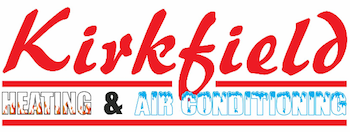Many people only call for air conditioning repair when their system breaks down. However, the fact is your air conditioner will often drop hints letting you know it’s in trouble before a complete breakdown that results in new AC installation. Recognizing the symptoms and calling the experts at Kirkfield Heating & Air Conditioning to address issues early can help you avoid the hassle and expense of a full AC system breakdown. More important, it can stop you from having to endure the hot and sweaty conditions created by having your AC fail on a hot day.
When you call us, our team of skilled HVAC technicians will diagnose the issue, fix the problem and restore your comfort fast. We have years of experience and provide top-tier, cost-effective AC service for local homeowners.
Why wait until your cooling system stops working? Skip all that hassle by calling 204-272-8128 today to schedule AC repair in Winnipeg, MB, from Kirkfield Heating & Air Conditioning.
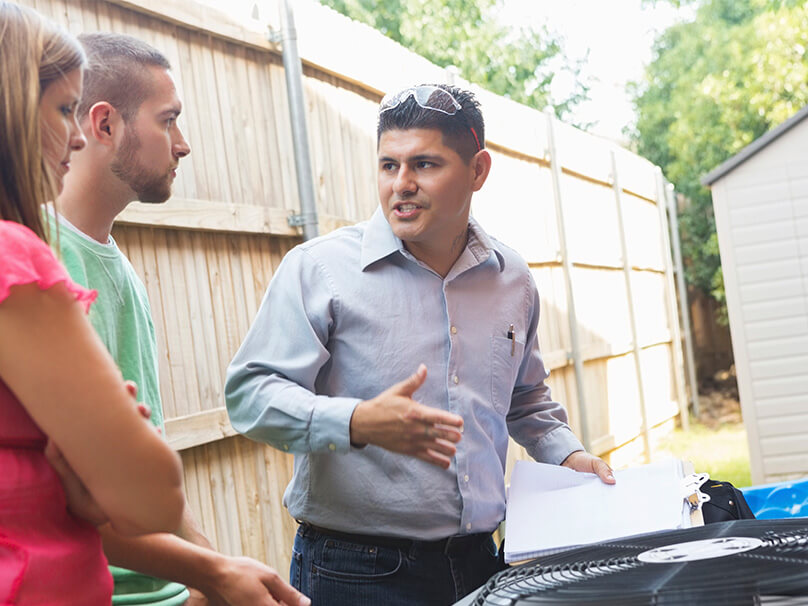
Signs You Need AC Repair
What are the signs your air conditioner is having issues? From unusual smells to a lack of cool air coming from the vents, there are many indicators that your cooling system has an issue and needs evaluation or repair.
Here are some warning signs that trouble may be on the way and it’s time to call an HVAC technician from Kirkfield Heating & Air Conditioning:
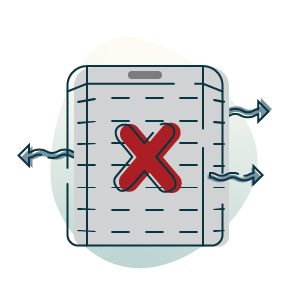
AC is blowing hot air
If heated air is blowing out of your AC unit instead of cool air, or if the air isn’t as cool as normal, it’s a wise decision to call us for professional cooling service.
Air conditioner frequently turns on and off
If your AC system cycles frequently instead of running consistently, it could be a warning of potential issues and should be evaluated by one of our certified HVAC technicians.
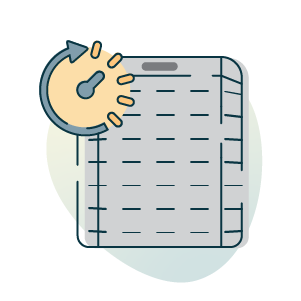
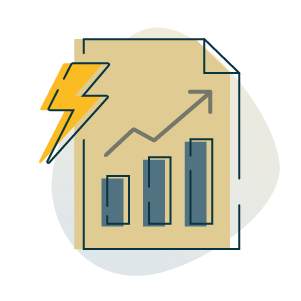
Home energy bills increase for seemingly no reason
A sharp increase in your energy usage can be a sign your AC unit is losing efficiency, which means it uses more energy to cool your home and needs AC maintenance or repair.
Unusual odors are coming from your AC
Air conditioners should not stink. A strange smell coming from your air conditioner should be inspected by an HVAC technician, as they can be a sign of problems like mold, mildew or even electrical issues.
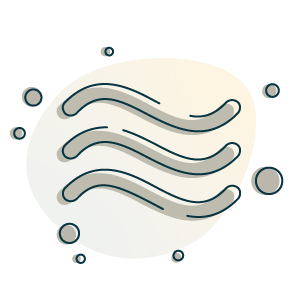
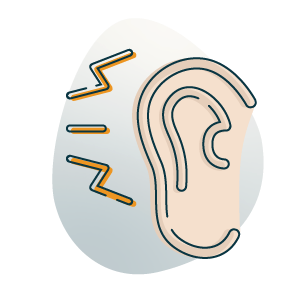
Loud sounds coming from your AC
If you hear unusual noises when your AC system is running — thumping, grinding or screeching, to name just a few — it’s important to call for professional HVAC service to evaluate your system.
Request Pro Air Conditioner Repair Now
When you require air conditioning service quickly, contact the HVAC repair experts at Kirkfield Heating & Air Conditioning at 204-272-8128. We’ll quickly identify the problem when your equipment won’t work or provide enough chilled air.
